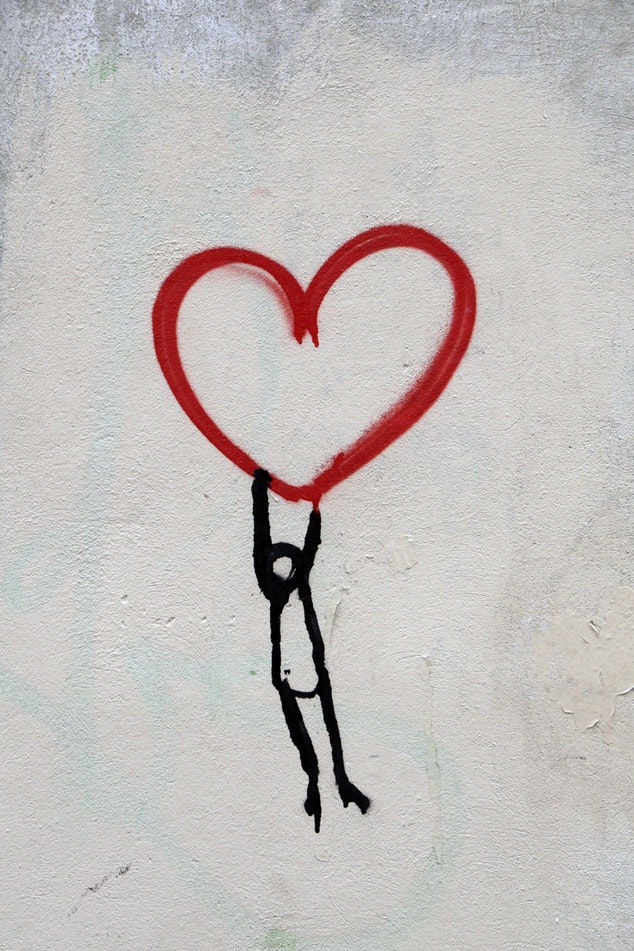
Love of self is crucial for all human beings but it can be particularly hard to come by if you are recovering from addiction. Almost one in 10 Americans (a total of 23 million people) are addicted to alcohol or other drugs and that means that many need help with aspects such as self-love and self-compassion. Research has shown that there is a strong link between how human beings see themselves, and their susceptibility to addiction or to relapse during recovery. During addiction recovery boosting feelings of self-love is as important as attending rehab, mending bridges with others, and rebuilding your professional life.
Understanding The Link Between Addiction And Self-Esteem
In one study important study on addiction, scientists concluded that “Self-esteem had a meaningful role in the individual’s tendency to addiction.” It’s a bit of a Catch-22 situation, however, since this disease can lead people to feel ashamed, isolated, guilty, or judged. Now, you have to understand that substance use disorders exist and that you have one, and guess what? You’re trying to battle this! You’re doing what you can to overcome this mental health issue; you’re trying your best to be strong.
Feeling unworthy can trigger a relapse, however, so it is important to find good reasons to love oneself. Seeking meaningful connections with others, taking necessary steps to improve health and fitness, and focusing on stress reduction are only possible when the person doing so sees themselves as worthy of the major efforts involved in authentic recovery.
Cutting Yourself Some Slack
To love yourself, begin with self-compassion, which essentially involves being as kind to yourself as you are to your loved ones. Studies have shown that doing so lowers levels of anxiety and depression. In his book The Mindful Path to Self-Compassion, Harvard Psychologist Christopher Germer said that there are five important ways to love yourself and be more self-compassionate. These include comforting your body with good food and a self-massage (or doing anything that gives your body healthy joy); writing a letter to yourself (in which you can acknowledge the pain that a difficult situation may have caused), encouraging yourself (being your own ‘motivational coach’ when you have setbacks; and practising mindfulness (the nonjudgmental observation of one’s thoughts, feelings, and actions). Many of these practices are encouraged at drug recovery centers, and indeed, mindfulness practices play an important role as complementary therapies.
Yoga An Ideal Mindfulness Practices For Those In Recovery
Yoga, a practice which is often hailed for its ability to boost flexibility and strength, is also a powerful ally to have during drug recovery, because it is as healing for the mind as it is for the body. Studies have shown that regular practice reduces (stress hormone) cortisol levels, encourages social interaction, and boosts self-confidence. Since yoga involves connection of body and mind, it is a powerful way for those in recovery to understand the messages their body regularly tries to give them – including messages like stress and anxiety, so that they can take steps to address these and other potential triggers. One yogic practice, bhavana, encourages practitioners to use yogic contemplation and visioning to fill their hearts and souls with the beauty and wonder of self. This enables addicts to view themselves through a more positive lens.
Self-love, self-esteem, and self-compassion differ in key areas yet overlap in most. In essence, they cannot exist when one is constantly in a blaming, shaming, or self-loathing mode. To love yourself, take important steps to heal your body and mind. Nutritional, mindfulness practises such as mediation and yoga, and stress busting activities (such as a walk in nature) can remind you that you are a whole person comprising body, mind, and spirit.









